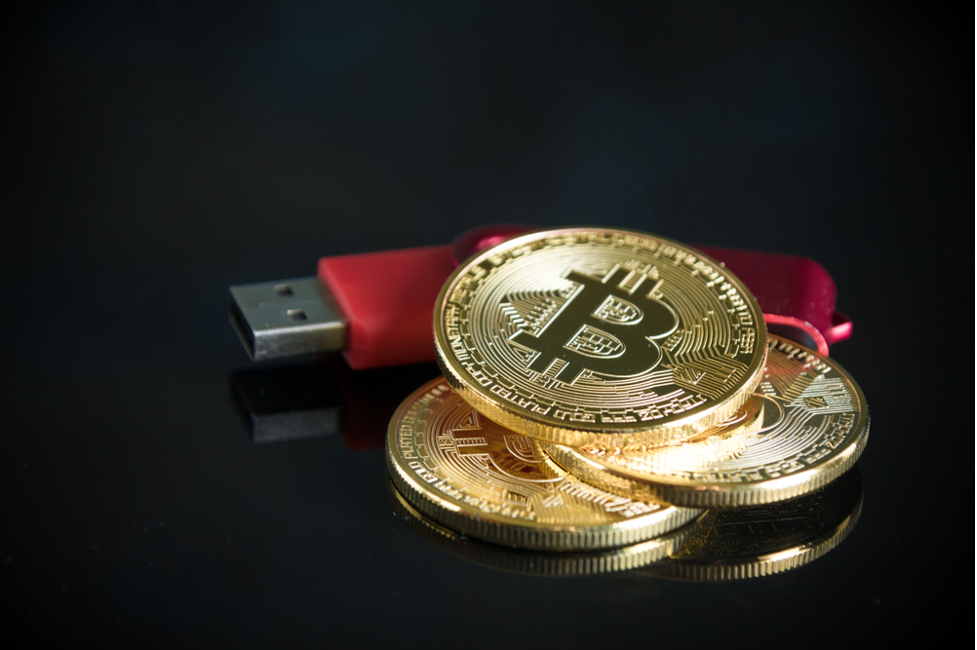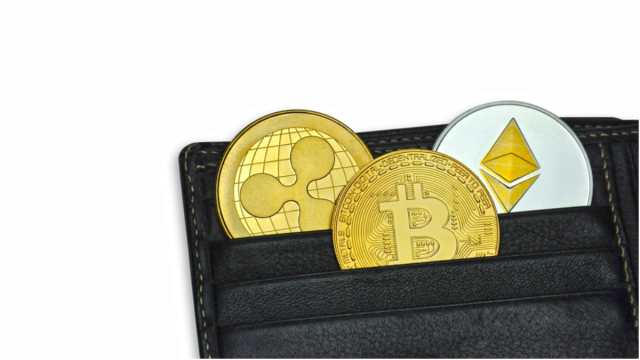You have worked hard to build up a crypto wallet you can be proud of. Your coins and tokens are some of the most valuable on the web, and you are poised to go to the moon with your digital investments — unless someone jacks your wallet, and all your hard work goes into someone else’s pocket.
The blockchain is widely lauded as an incredibly secure platform for hosting financial products like crypto, but the truth is that there are notable weaknesses that leave crypto investors vulnerable to attack, fraud and significant losses. If you want to keep your wallet safe, you need to take specific steps to protect it — and here’s how.
Secure Your Device and Connection
Contents
Blockchain is hailed as a more secure tool for recordkeeping because it is all but impossible for one bad actor to change the information stored in a block. While that is more or less true, it ignores the fact that cyberattackers can form new blocks in the chain by stealing your crypto assets — and they can steal your assets by infiltrating your network and devices in any of the old ways.
Thus, the first step to keeping your crypto wallet safe is to secure your data, devices, network and more. You can use robust antivirus software to keep your online activity safe, and you might even employ a VPN while accessing your crypto wallet to make it more difficult for cybercriminals to find your devices and data. Generally, you should avoid connecting to public Wi-Fi, and you should definitely restrict your crypto wallet access to networks you know and trust.
Invest in a Cold Wallet
A hot crypto wallet is connected to the internet, which makes them incredibly insecure. Though they are much easier for beginner crypto investors to find and use, hot wallets are the easiest for hackers to infiltrate and pilfer from. There have been several instances of hot wallets losing millions of dollars’ worth of cryptocurrency due to hacking.
A cold wallet is kept offline, often on devices that look like small USB sticks. Cold wallets are essentially immune to hacking; the only way a thief could access it is with physical possession as well as knowledge of PINs and passwords. Even when a hardware wallet is connected to your device and seemingly accessing the internet, transactions using the wallet are done on the device, so you have complete control over where your cryptocurrency goes and when.

Maintain Multiple Wallets
There is no limit to the number of crypto wallets you can create and maintain — except, perhaps, your own ability to remember them. Smart investors will use several crypto wallets as a means of safeguarding their assets; if one wallet is compromised, an investor doesn’t lose their entire portfolio.
You might even diversify between hot and cold wallets, to take advantage of the convenience of hot wallets as well as the security of cold wallets. As long as you keep the amount of cryptocurrency in your hot wallets low — and get in the habit of regularly emptying your hot wallets into your cold wallets — you should get the best of both worlds.
Change Your Passwords
Unfortunately, people aren’t terribly good at creating strong passwords, especially several strong passwords across multiple accounts. You likely recycle passwords across multiple accounts — but if you do that for your crypto wallets, you are setting yourself up for a successful attack. Hackers use information about you from social media, stolen data from major company breaches and the most common password patterns to crack your codes. Eventually, they will likely succeed.
Thus, you need to get in the habit of changing your passwords, not just for your crypto wallets but for every online account. You might use a password manager if you struggle to remember your codes.
Be Smart on Social
As tempting as it might be to flaunt the success of your crypto investments to your friends and family, talking about your crypto activity on social media is not advisable. Cybercriminals are lurking on social networks to find wealthy and insecure victims, and when you provide any details about your crypto portfolio, you are basically asking to be targeted in an attack. You should limit your online conversations about crypto and avoid drawing attention to yourself as a crypto investor.
Cybercriminals love cryptocurrency just you do, and they are eager to stick their fingers in your crypto purse. With the right protections in place, you can reduce the risk of losing all your crypto profits.


